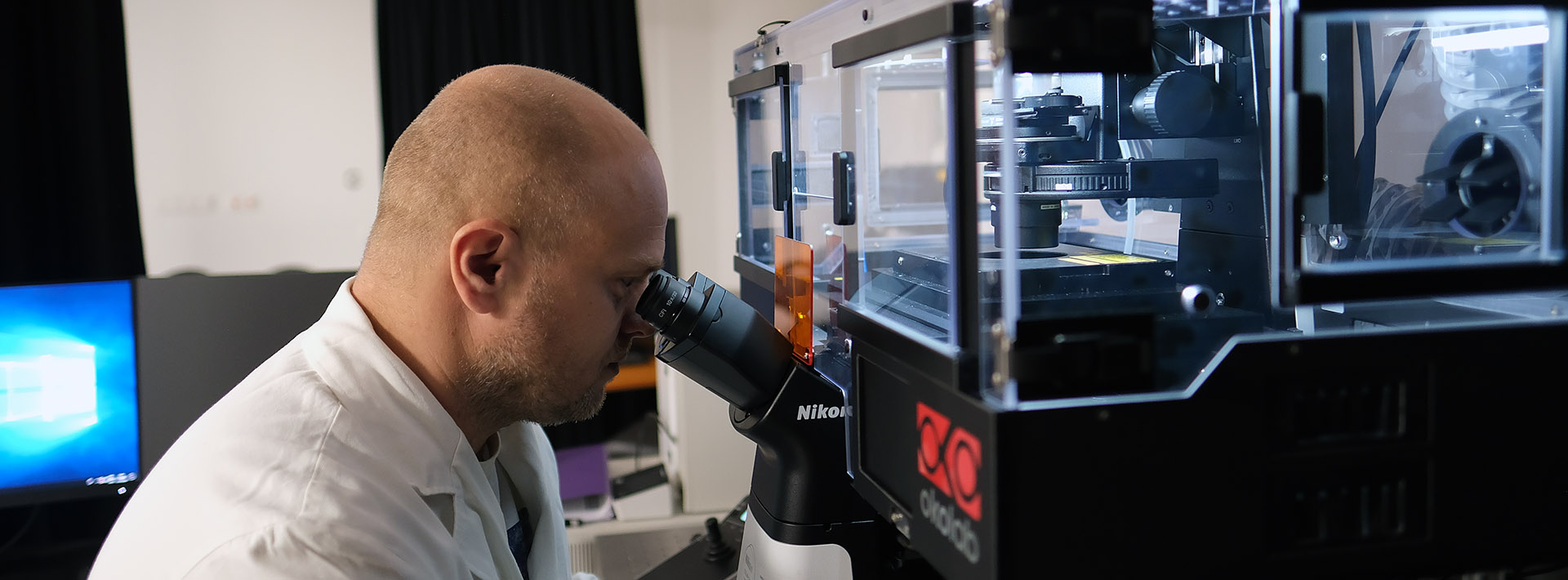Adatok
A Tantárgybejelentőben megadott hivatalos adatok az alábbi tanévre: 2024-2025
Tantárgyfelelős
-
Péczely László Zoltán
associate professor,
Institute of Physiology
Óraszámok/félév
előadás: 12 óra
gyakorlat: 0 óra
szeminárium: 0 óra
összesen: 12 óra
Tárgyadatok
- Kód: OXFGD1-z-T
- 1 kredit
- Dentistry
- Optional modul
- autumn
Nincs
Kurzus létszámkorlát
min. 5 fő – max. 15 fő
Campus kurzusként elérhető . Campus-karok: BTK GYTK TTK
Tematika
The course aims to introduce students to the fundamental principles and complexities of human thought. Using a holistic approach, the course will explore the related problems of how correct inference and cognition are possible, applying the tools and results of philosophy, mathematics and neuroscience. The human thinking is based on similarity, analogy, which is the basis of the concepts of differential diagnosis and differential therapy in the field of medicine. In both clinical practice and research, the correct inference and the correct interpretation of data are very important in order to make possible what is perhaps the ultimate goal of science, successful prediction.
In the first semester, after a brief philosophical introduction, we will deal with the theory of deductive and inductive inference, and briefly review the foundations of axiomatic reasoning, the theory of formal inference. The relationship between randomness and prediction will be explored, and finally we will conclude the semester with topics on artificial neural networks, machine learning and artificial intelligence.
Előadások
- 3. Deductive inference, logic I. - Péczely László Zoltán
- 4. Deductive inference, logic II. - Péczely László Zoltán
- 2. Scientific thinking: rationalism, empiricism. - Péczely László Zoltán
- 1. Introduction: Brief philosophical background. Information, knowledge. Medical thinking, differential diagnosis, differential therapy. Analogy as the basis of our thinking. - Péczely László Zoltán
- 5. Axiomatic thinking: definitions, axioms, theorems, proof, provability, consistency, completeness. - Péczely László Zoltán
- 6. Measure of similarity. - Péczely László Zoltán
- 7. Probability theory, the concept of conditional probability. Correlation and causality. - Péczely László Zoltán
- 8. Inductive inference I. - Péczely László Zoltán
- 9. Inductive inference II. - Péczely László Zoltán
- 10. Neural networks, machine learning, artificial intelligence. - Péczely László Zoltán
- 11. Supervised and unsupervised learning algorithms. - Péczely László Zoltán
- 12. Reinforcement learning as a form of machine learning. - Péczely László Zoltán
Gyakorlatok
Szemináriumok
A tananyag elsajátításához szükséges segédanyagok
Kötelező irodalom
Saját oktatási anyag
lecture slides
Jegyzet
Ajánlott irodalom
Peter Norvig, Stuart J. Russell: Artificial Intelligence: A Modern Approach
A félév elfogadásának feltételei
Writing an essay by the end of the semester.
Félévközi ellenőrzések
Oral report at the end of the course.
Távolmaradás pótlásának lehetőségei
not necessary
Vizsgakérdések
Are the same as lecture topics.
